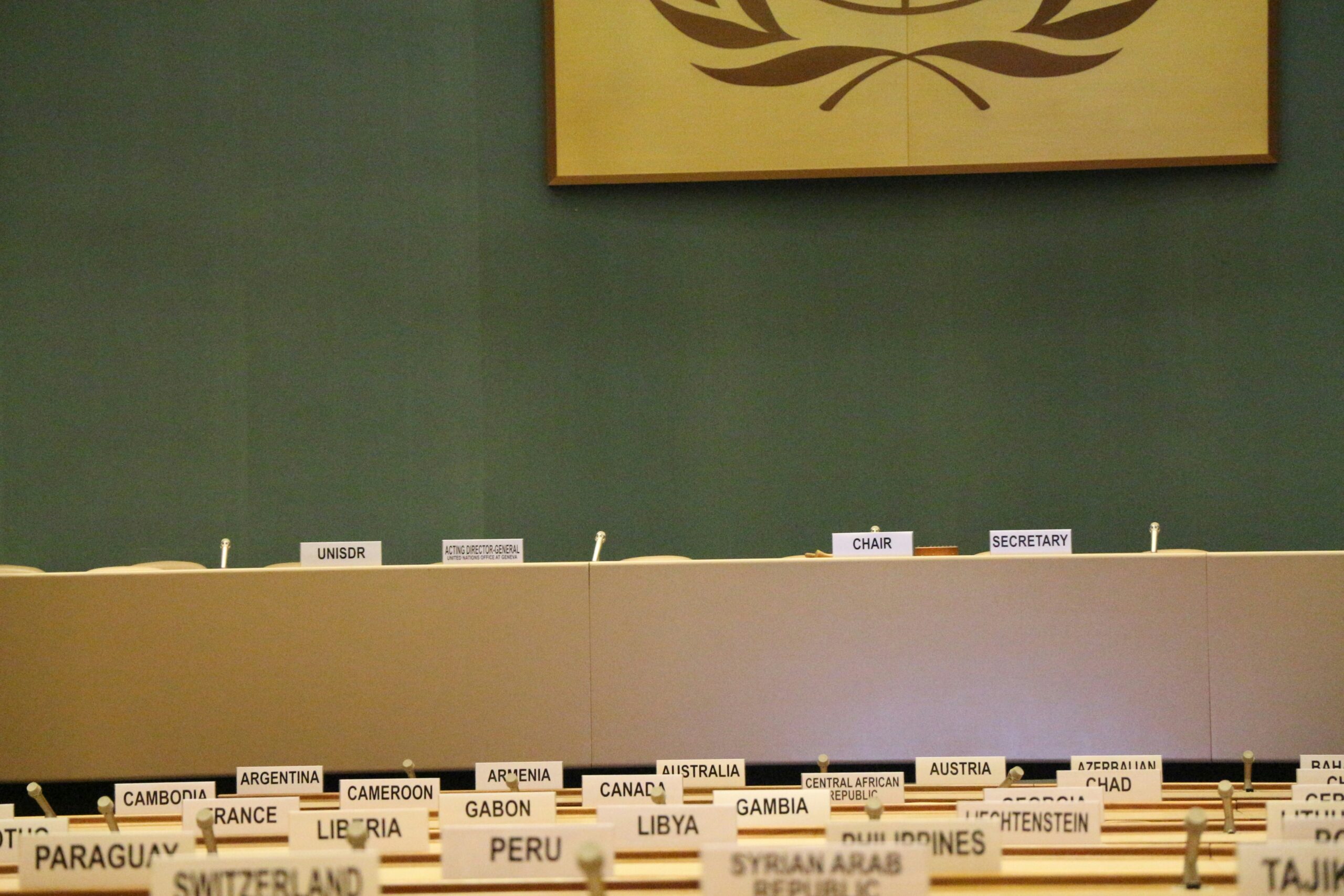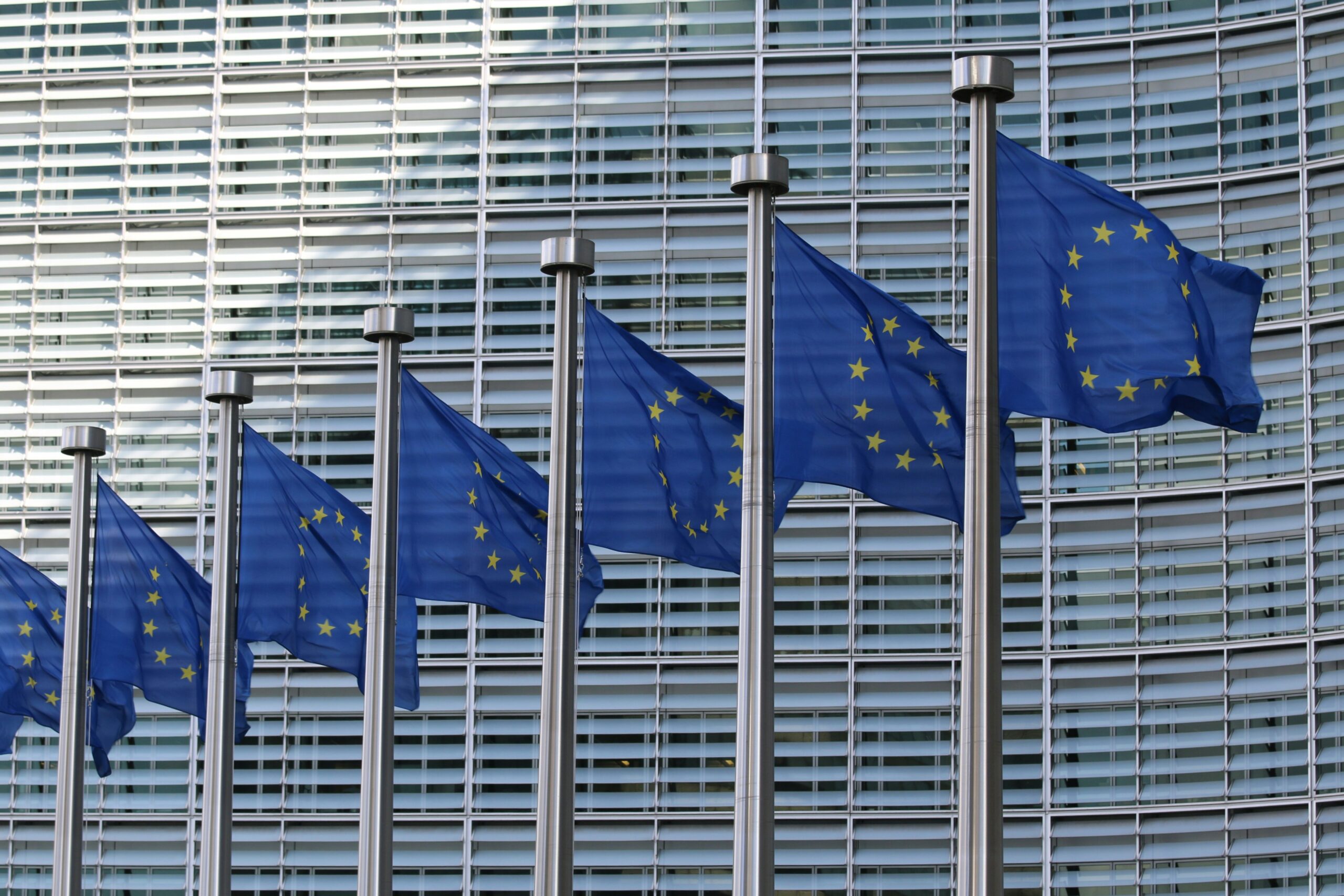UN peacekeeping operations play a crucial role in maintaining international peace and security. These operations are guided by a set of basic principles that have evolved over time to effectively address the complex challenges of today’s world. Let’s explore some of these principles:
Impartiality and Neutrality
One of the fundamental principles of UN peacekeeping is impartiality. Peacekeepers are required to remain neutral and act solely in the interest of peace, without favoring any party to a conflict. This ensures that peacekeepers are seen as unbiased and trusted by all parties involved.
Consent of the Parties
Another key principle is the consent of the parties involved. UN peacekeeping operations can only be deployed with the consent of the host country and the parties to the conflict. This principle ensures that peacekeeping missions are conducted with the cooperation and support of the local authorities.
Non-Use of Force, Except in Self-Defense
The use of force by peacekeepers is strictly limited to self-defense and the defense of the mandate. Peacekeepers are not an offensive force and their primary role is to facilitate dialogue, protect civilians, and support the implementation of peace agreements.
Respect for Sovereignty and Territorial Integrity
UN peacekeeping operations respect the sovereignty and territorial integrity of the host country. They operate within the legal framework of international law and do not interfere in the internal affairs of the host country, unless explicitly mandated to do so.
These basic principles continue to guide UN peacekeeping operations and ensure that they remain effective, credible, and trusted by the international community. By adhering to these principles, peacekeepers are able to contribute to the resolution of conflicts, the protection of civilians, and the promotion of lasting peace.


